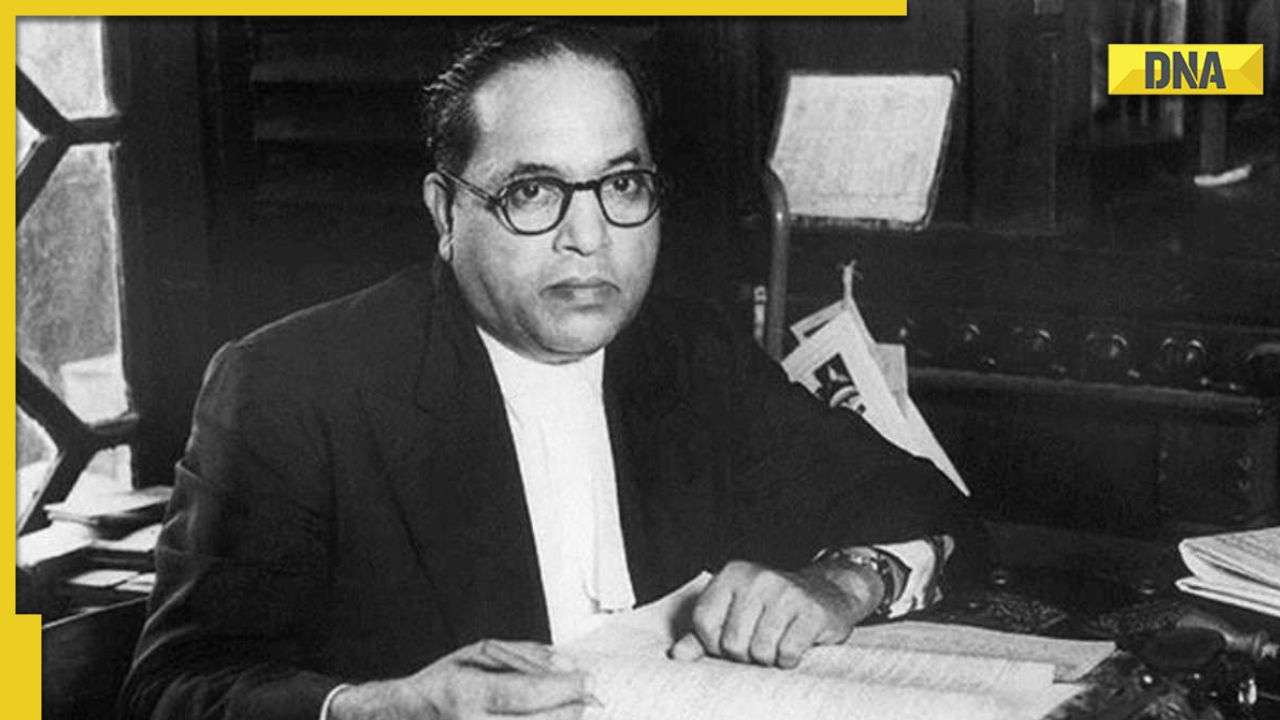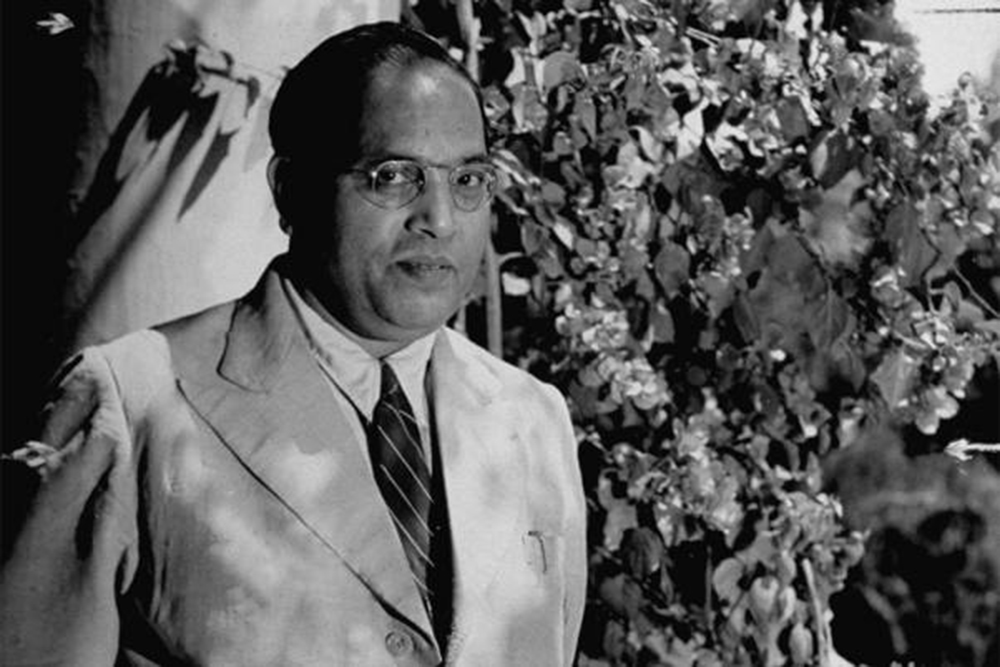Bhimrao Ramji Ambedkar.
Bhimrao Ramji Ambedkar, also known as Babasaheb Ambedkar, was a prominent Indian jurist, social reformer, and politician. Born on April 14, 1891, in Mhow, Central Provinces (now in Madhya Pradesh), Ambedkar is widely regarded as the architect of the Indian Constitution, which was adopted on January 26, 1950. His tireless efforts for the upliftment of the downtrodden sections of the society, especially the Dalits, have earned him the title of "Father of the Indian Constitution" and "Messiah of Dalits."
Ambedkar belonged to a family of Mahar Dalits, who were considered untouchables in the caste-ridden Indian society. Despite facing discrimination and oppression from the upper castes throughout his life, Ambedkar did not lose hope and continued his struggle for social justice and equality. He studied law and economics at the University of Bombay and the University of London, and later obtained a doctorate from Columbia University in the United States.
Ambedkar was deeply influenced by the teachings of Buddha and embraced Buddhism in 1956 along with millions of his followers. He saw Buddhism as a means to break free from the shackles of casteism and establish an egalitarian society based on the principles of liberty, equality, and fraternity.
As a member of the Constituent Assembly, Ambedkar played a key role in drafting the Indian Constitution, which enshrines the fundamental rights and freedoms of all citizens, regardless of their caste, creed, or religion. He also championed the cause of the Dalits and fought for their rights to education, employment, and political representation.
Apart from being a brilliant jurist and politician, Ambedkar was also a prolific writer and thinker. His seminal works, such as "Annihilation of Caste," "The Buddha and his Dhamma," and "The Problem of the Rupee," have had a profound impact on Indian society and continue to inspire generations of people.
Ambedkar passed away on December 6, 1956, leaving behind a rich legacy of social and political thought. His contributions to the cause of social justice and equality have made him an icon of the Dalit movement and a revered figure in Indian history. Today, on his birthday, we pay tribute to this great son of India, who dedicated his life to the service of the marginalized and downtrodden sections of the society. Let us remember his ideals and continue to work towards realizing his vision of a just and equitable society.



